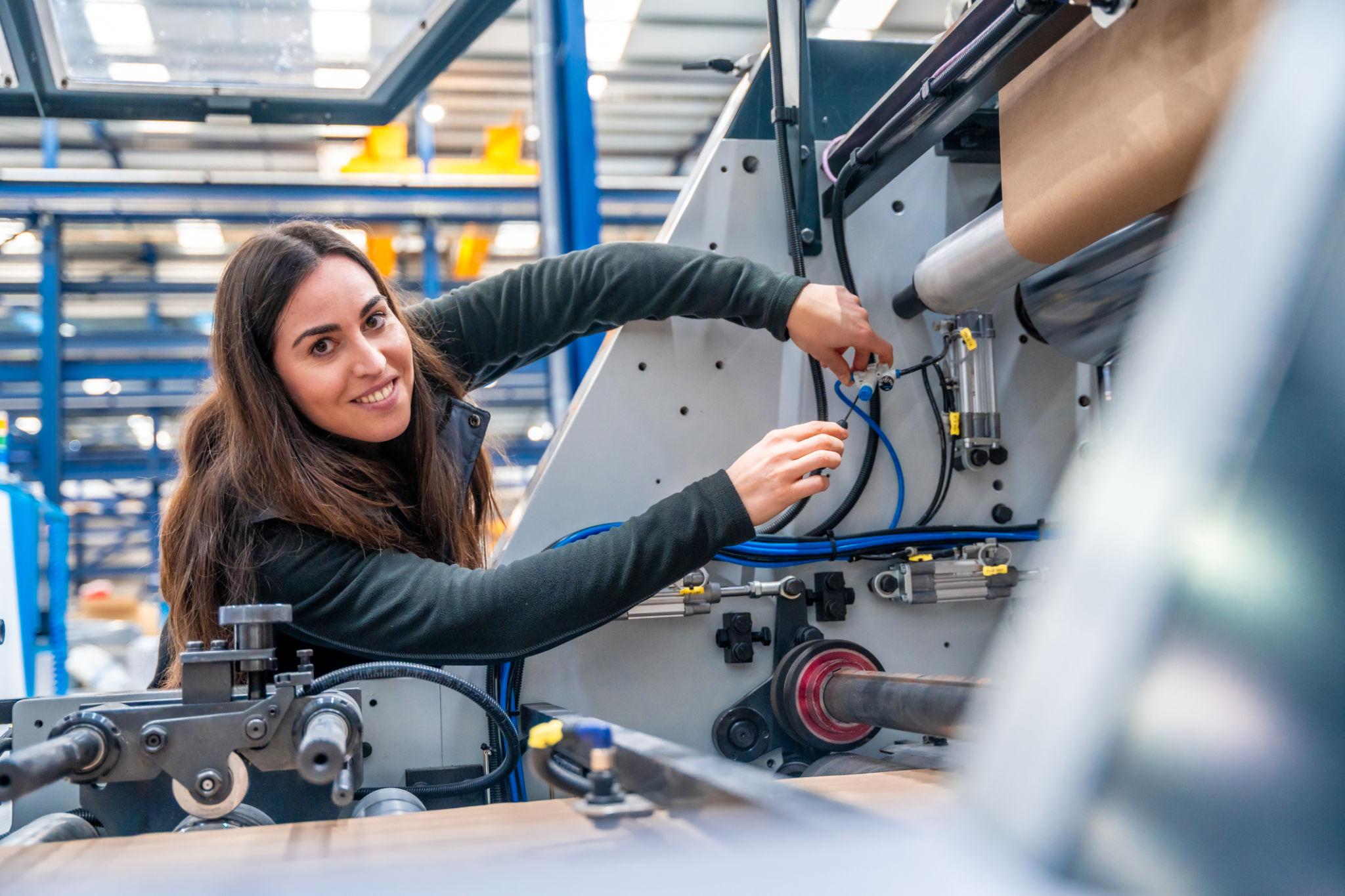Expert Tips for Staying Ahead in Mechanical Design Engineering
Understanding the Core of Mechanical Design Engineering
Mechanical design engineering is a dynamic field, requiring a blend of creativity, technical knowledge, and problem-solving skills. As technology evolves rapidly, staying ahead in this industry demands continuous learning and adaptation. Whether you're a seasoned engineer or just starting, there are several strategies you can employ to maintain your edge.
One fundamental aspect is having a strong grasp of the core principles of mechanical design. This involves understanding materials science, thermodynamics, and mechanics. Keeping these foundational concepts in mind allows engineers to innovate and solve complex problems efficiently.

Embrace Technology and Software Tools
Technology is the backbone of modern mechanical design engineering. Familiarizing yourself with the latest software tools, such as CAD (Computer-Aided Design) and CAE (Computer-Aided Engineering), is crucial. These tools not only streamline the design process but also enhance precision and reduce errors.
Regularly updating your skills with new software versions or exploring emerging technologies like AI and IoT can provide a significant advantage. Engaging in online courses or workshops can help keep your skills current and relevant in an ever-evolving landscape.
The Importance of Simulation and Prototyping
Simulation and prototyping are indispensable in mechanical design engineering. Using simulation software helps in predicting system behavior under various conditions, saving time and resources in the long run. Building physical prototypes may seem old-fashioned, but it remains an essential step to validate designs before full-scale production.

Networking and Professional Development
Networking is a powerful tool for staying informed about industry trends and opportunities. Attending industry conferences, joining professional organizations, and participating in online forums can provide valuable insights and connections. Engaging with peers can also lead to collaborative opportunities that might not be accessible otherwise.
Moreover, pursuing certifications or advanced degrees in specialized areas of mechanical engineering can further distinguish you in the field. Continuous professional development not only enhances your knowledge but also demonstrates commitment and expertise.
Effective Communication Skills
While technical skills are fundamental, effective communication is equally vital. Mechanical design engineers often work in multidisciplinary teams where clear communication of ideas and concepts is crucial. Developing strong communication skills ensures that you can convey complex information to non-technical stakeholders effectively.

Fostering Innovation and Creativity
Innovation is at the heart of mechanical design engineering. Encouraging a mindset that embraces creativity can lead to groundbreaking solutions. Engineers should not shy away from challenging the status quo or exploring unconventional ideas. Creating an environment that fosters experimentation can yield innovative results.
Engage in brainstorming sessions, encourage diverse perspectives, and maintain an open mind towards new ideas. Remember that some of the most significant advancements stem from thinking outside the box.
Sustainability and Ethical Considerations
As global awareness of environmental issues grows, incorporating sustainability into mechanical design becomes increasingly important. Engineers must consider the environmental impact of their designs, striving for energy efficiency and minimal waste.
Ethical considerations should also be at the forefront of every project. Balancing innovation with ethical responsibility ensures that designs not only meet technical requirements but also contribute positively to society.
